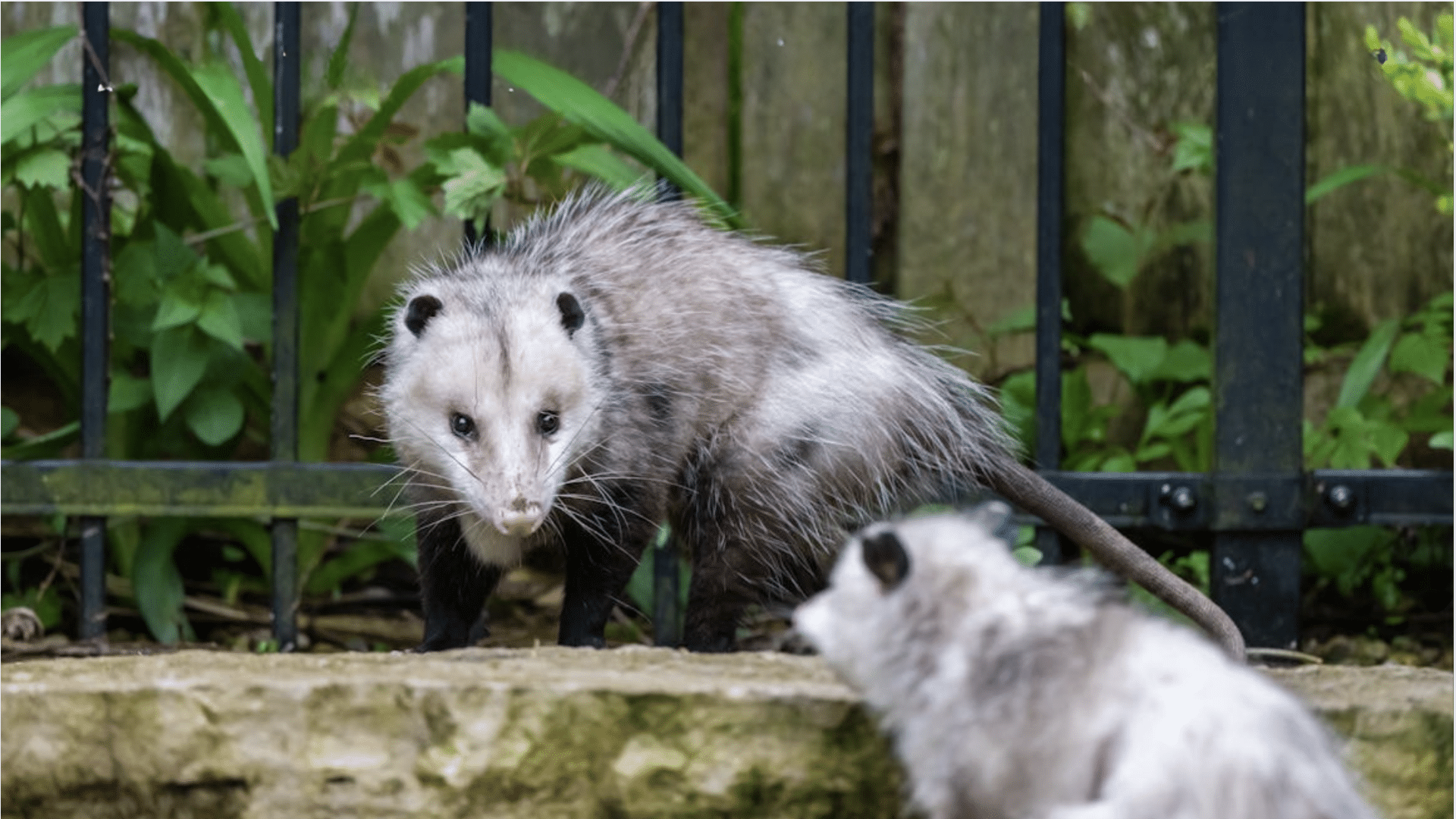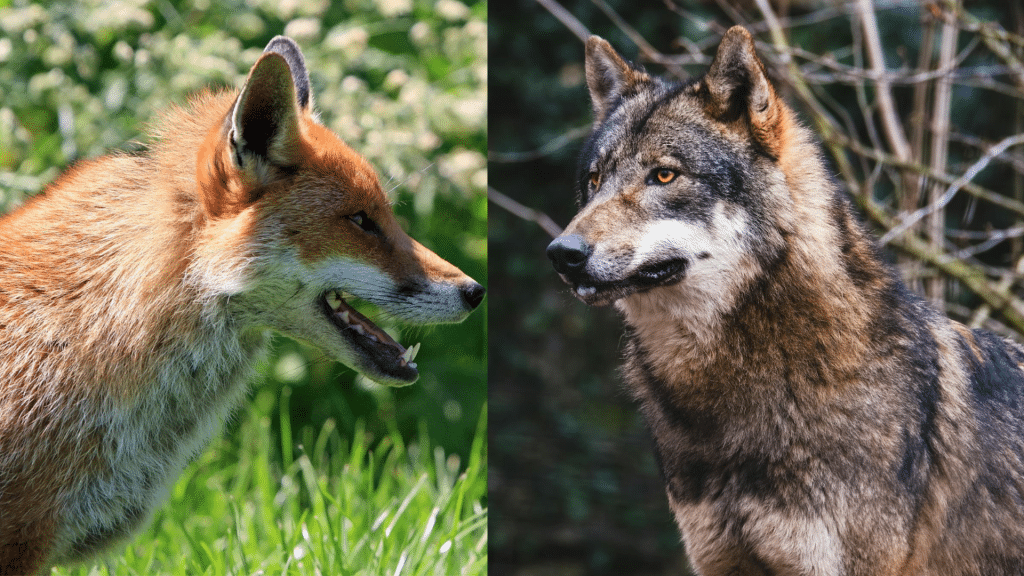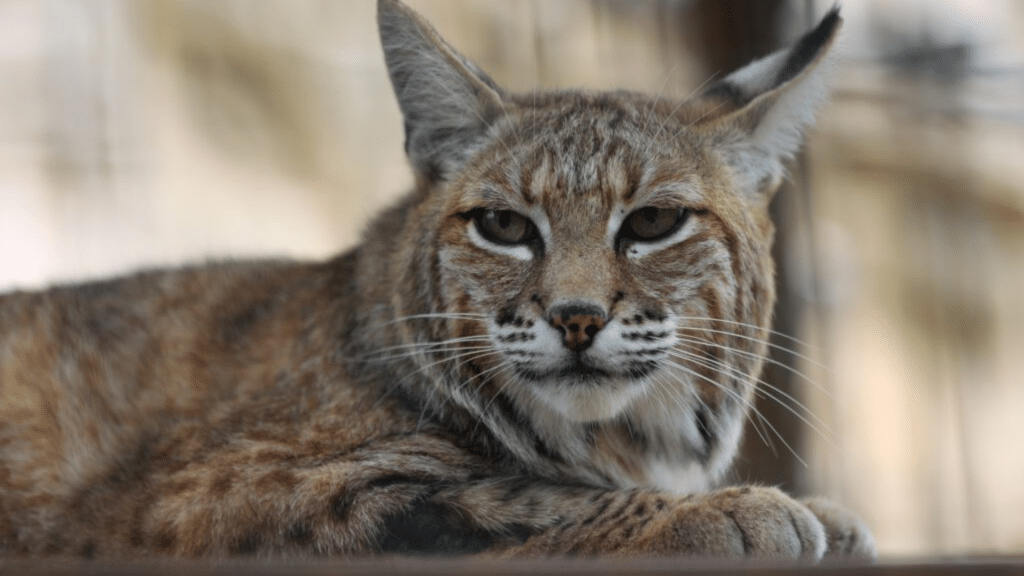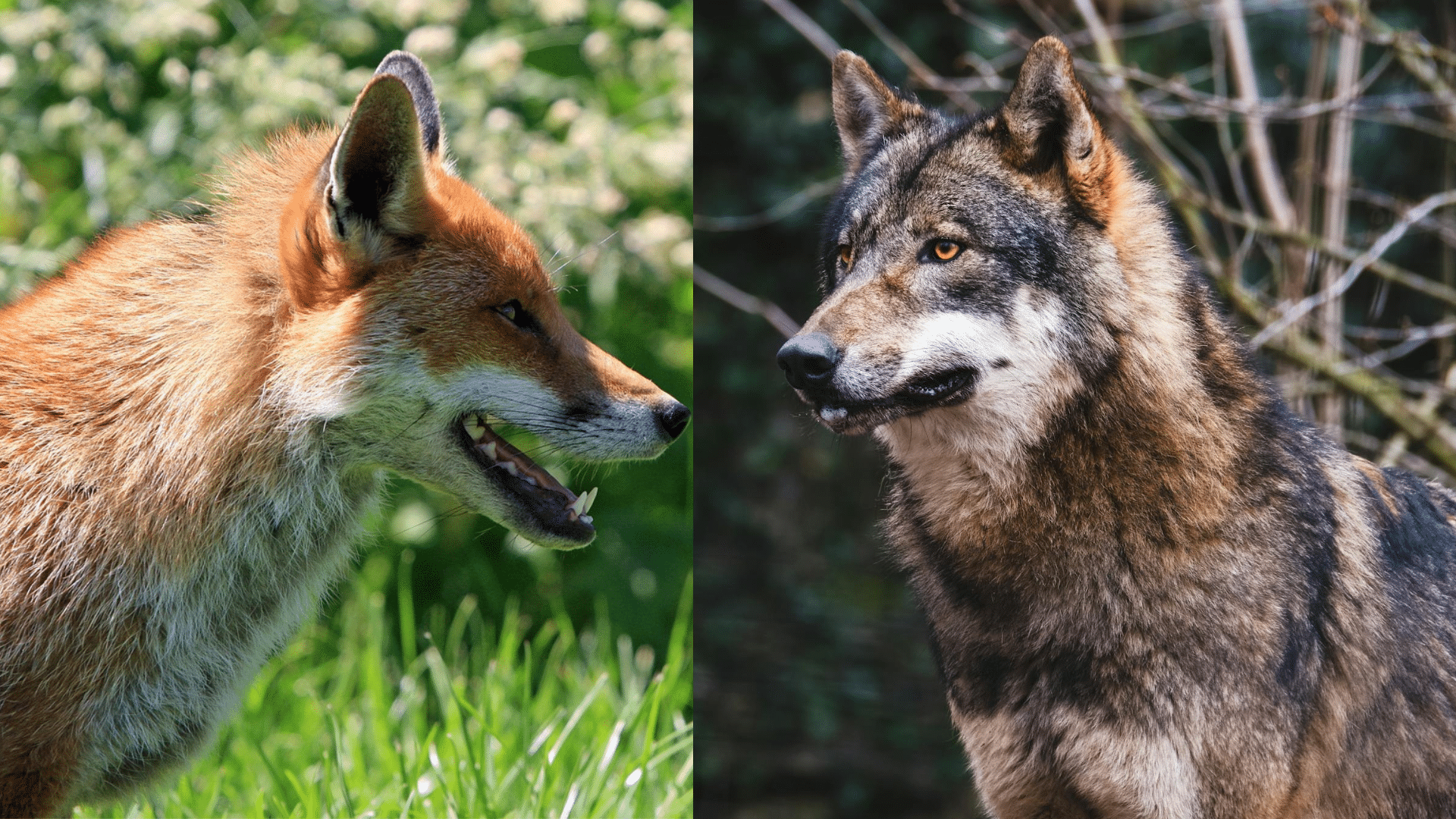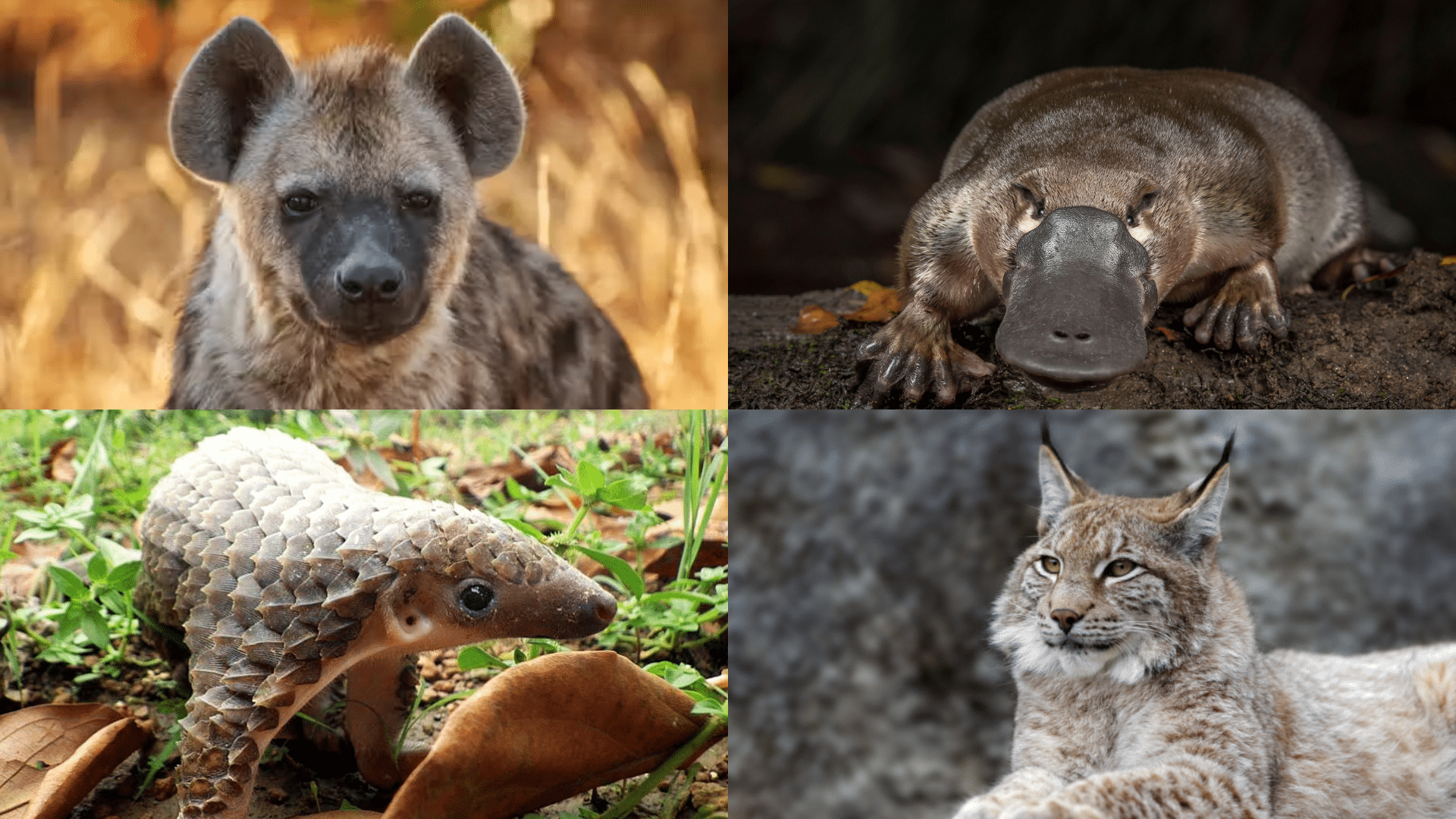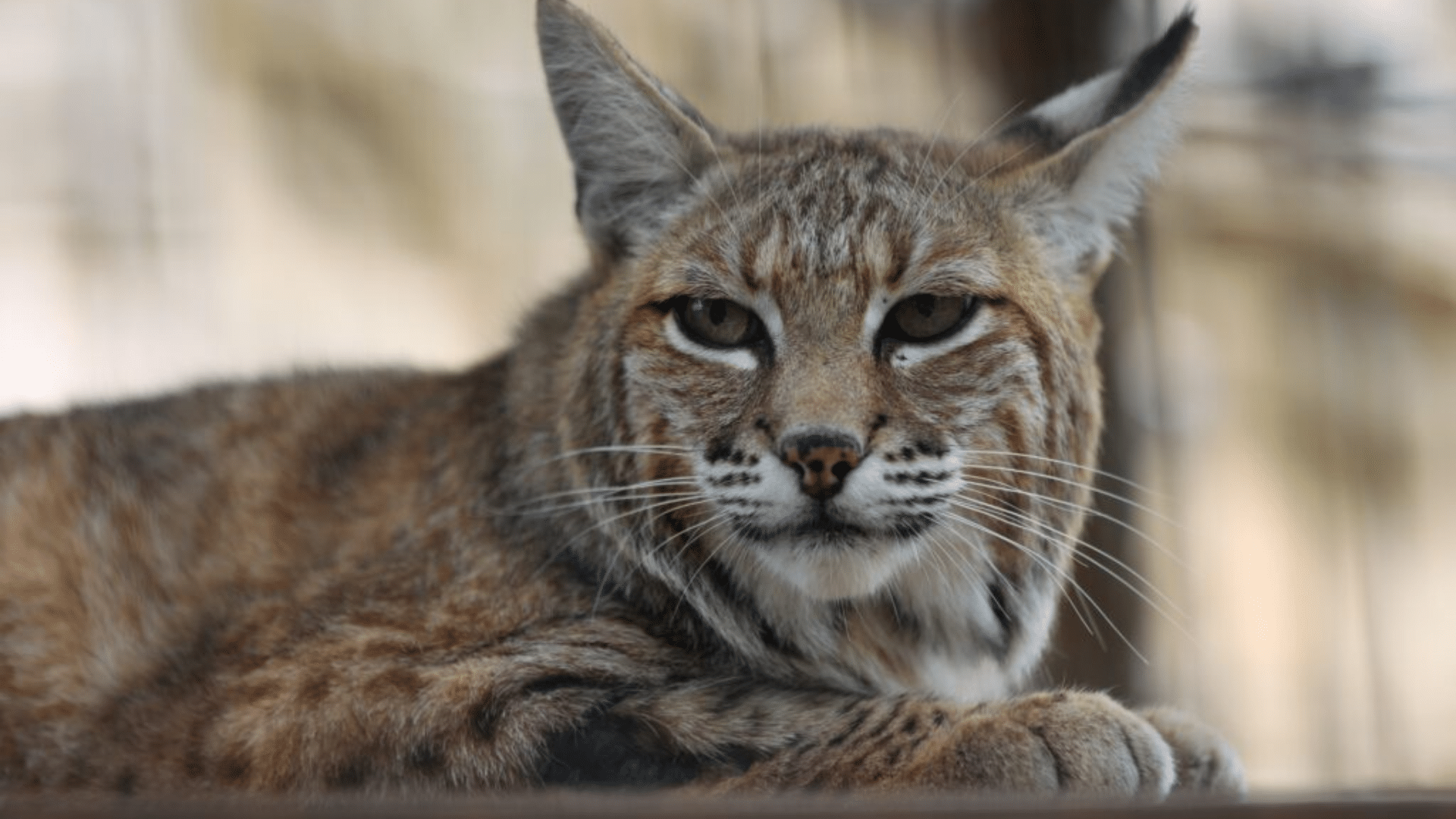Possums are interesting creatures, often heard at night as they roam through yards and gardens.
Their unique sounds add a mysterious charm to the nighttime.
Understanding possum sounds can be amazingly useful for homeowners. These nocturnal creatures often make noises that signal if they are near, or even living, in your attic.
For nature lovers, possums are an intriguing part of the ecosystem.
However, knowing their vocalizations helps in identifying and understanding their behavior, especially when they communicate or defend themselves.
Keep reading to learn more about possums and their mysterious noises!
What do Possums Sound Like?
Possums have a variety of sounds that might catch you off guard, especially when they’re active during the night.
Each sound serves a unique purpose, whether it’s for communication or defense.
Here’s a quick look at the most common possum sounds:
- Hissing: A sharp, defensive sound when they feel threatened or cornered.
- Growling: Low and guttural, typically a sign of territorial disputes or aggression.
- Screeching: High-pitched and loud, often heard during confrontations or when alarmed.
- Clicking and Chattering: Used for communication, especially during mating season or social interactions.
When You’re Most Likely to Hear Them
Possums are nocturnal, which means most of their vocal activity happens when the world is quieter. Here are some common scenarios for hearing them:
- Nighttime: Most possum sounds occur during the night when they are most active.
- Mating Season: Expect more vocalizations around spring and early summer.
- Defensive Behavior: Sounds like hissing and growling happen when possums feel threatened.
- Social Interactions: Clicking and chattering are common behaviors when possums communicate.
Types of Possum Sounds
Possums make a variety of unique sounds to communicate different emotions and messages.
Understanding these sounds can help you identify what a possum might be trying to convey, whether it’s a warning, a social call, or a distress signal.
1. Growling
Growls are low, throaty sounds that possums use to express anger, territorial behavior, or to warn other animals to stay away.
This sound is often heard during disputes or when a possum feels cornered.
For reference, you can check out this video to hear a possum growling and understand what it means in context.
2. Screeching
Loud and piercing screeches are alarm calls that signal danger or distress. Possums often screech when fighting or when they are extremely frightened.
For reference, you can check out this video to hear a screeching possum and see how they react when threatened.
3. Clicking and Chattering
These sounds are used for social communication, such as when possums are checking their surroundings, interacting with other possums, or attracting mates. The clicking often comes from teeth grinding or vocalizations.
For reference, you can check out this video to hear the clicking and chattering noises possums make while interacting.
4. Grunting and Coughing
These are often aggressive or territorial sounds, typically made by male possums asserting dominance or during mating season.
For reference, you can check out this video to hear a possum grunt and cough during a typical territorial display.
Understanding these vocalizations can help you better appreciate these nocturnal creatures and recognize their presence in your area.
Why do Possums Make These Sounds?
Possums rely on their vocalizations for various essential purposes, all linked to their survival and social interactions.
Here’s a closer look:
1. Warning Signals
Possums use sounds like hissing and growling as defense mechanisms. When they feel threatened, these noises act as a warning to keep predators or rivals at bay.
- Hissing: A loud, sharp sound that warns other animals to stay away when the possum feels cornered.
- Growling: A low, guttural sound used to signal aggression or territorial disputes, letting others know they’re ready to defend their space.
2. Mating Calls
During breeding season, possums become more vocal, using sounds like chattering and clicking to attract mates and communicate.
- Chattering: A repetitive sound made by males to signal their presence and attract females.
- Clicking: Sharp, short noises that help possums communicate during mating rituals.
3. Communicating with Each Other
Possums are social creatures, and their vocalizations play a key role in interacting with other possums.
- Social Interaction: Clicking and chattering help possums stay connected with family members or other possums in the area.
- Conflict Resolution: Growls and hisses help establish boundaries or resolve disputes over territory or food.
Through these vocalizations, possums protect themselves, attract mates, and maintain essential social bonds. Each sound is tailored to a specific need in their survival strategy.
Fun Facts About Possum Sounds
Possums may be small, but the sounds they make are anything but quiet!
- Loud and Surprising Noises: Possum sounds, like screeches and growls, can be surprisingly loud. These noises are often mistaken for larger animals like cats or raccoons.
- Possum Communication Varies by Region: Different species of possums have slightly different vocalizations. Australian possums may sound different from American opossums due to regional adaptations.
- Possums Can Mimic Other Animals: Possums are known to mimic the sounds of other creatures. For instance, they can imitate the calls of foxes or other predators as part of their survival tactics.
- Possums Don’t Mind Making Noise: Unlike many other animals that stay quiet in the wild, possums are quite vocal. Their nocturnal activities often involve making noise to assert their presence in the environment.
Conclusion
Possums make a variety of sounds, from hissing and growling to chattering and clicking, each serving a unique purpose like defense, communication, or mating.
By understanding these noises, we can better appreciate how they interact with their surroundings.
Take a moment to listen to your nocturnal neighbors, the possums around you might be more interesting than you think!
Keep an ear out for their sounds and learn more about these mysterious creatures.

